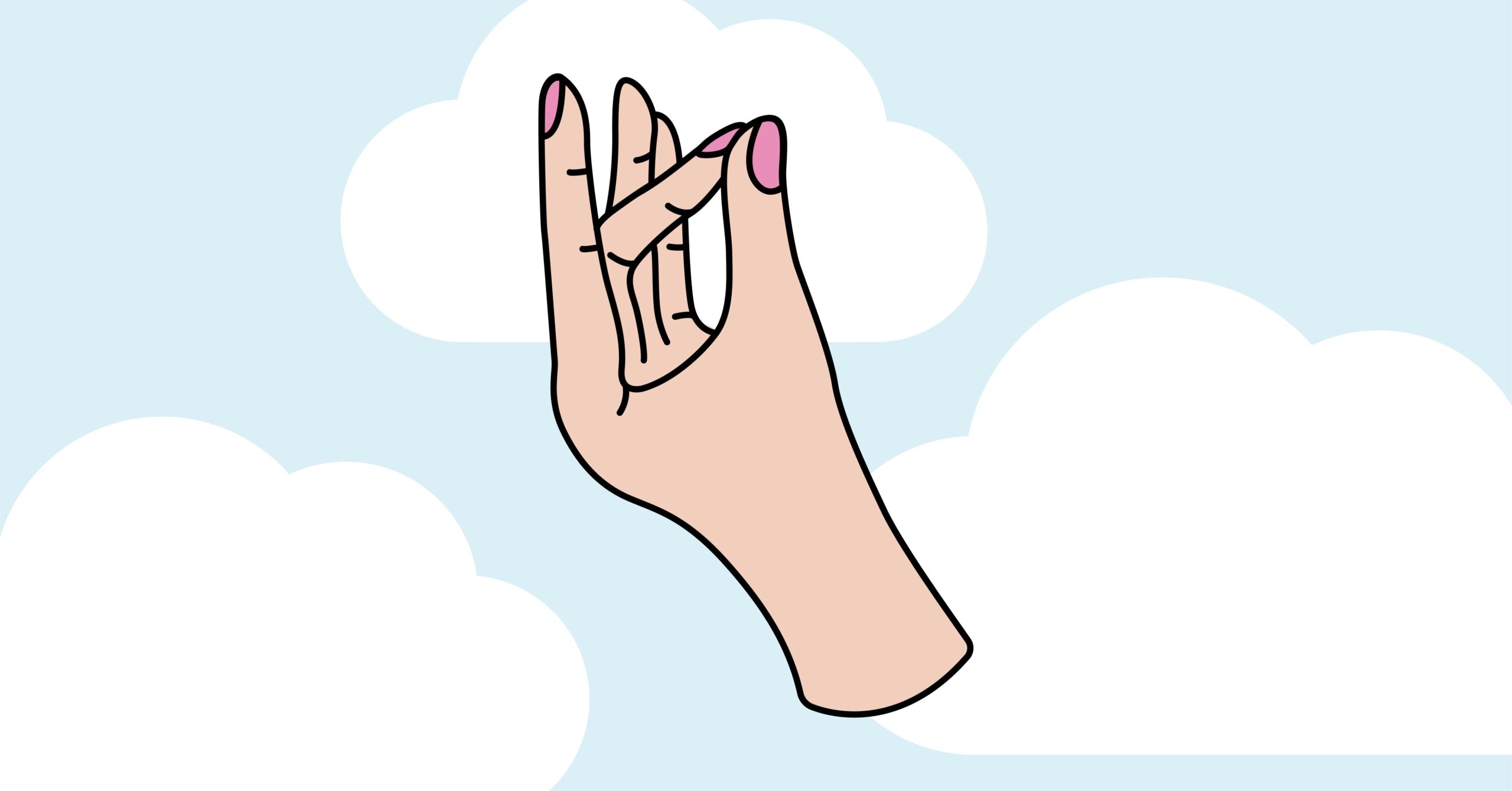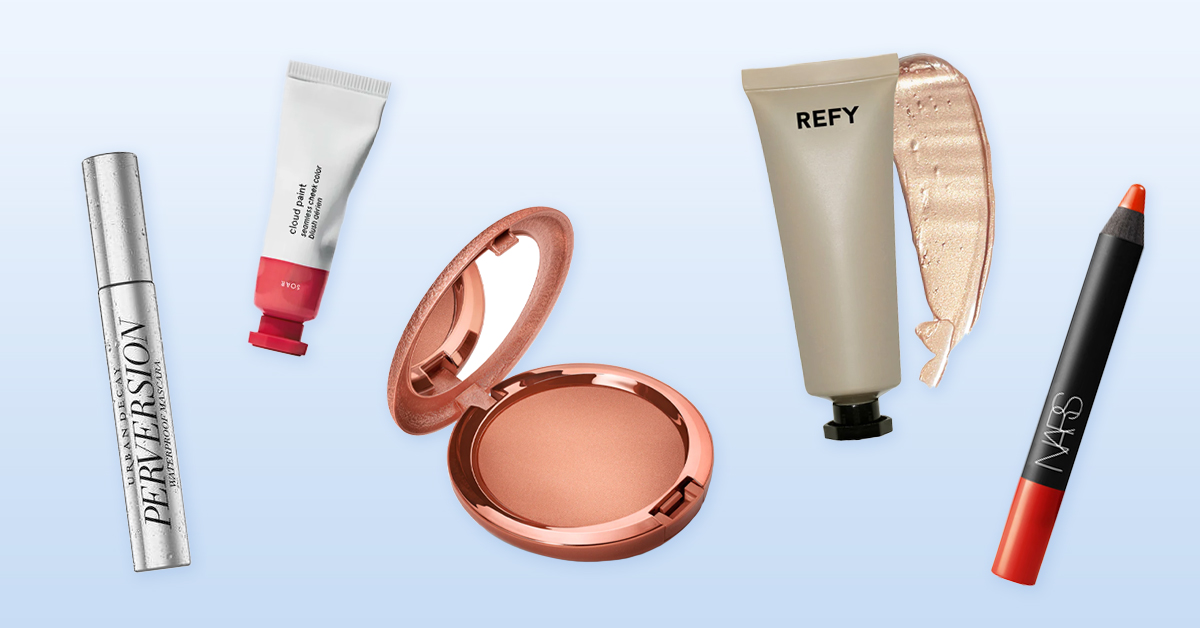The dangers of vaginal steaming explained
Vaginal steaming is the latest health trend among women. It is said to reduce stress, fight infection, clear up hemorrhoids, regulate your menstrual cycle, and even aid conception
For all of this, though, the jury remains out in terms of the science behind these claims.
In vaginal steaming, you perch naked on an open-seated stool for up to 45 minutes. This stool sits above a bowl. In the bowl is a hot tea of wormwood and other herbs. The steam from the tea goes up your vaginal canal and supposedly removes toxins.
This sounds healthy and soothing. But is it? Here is why vaginal steaming can do you more harm than good:
1. Vaginal steaming may scald your vagina
Because vaginal steaming involves, well, steam, it can injure skin on your vagina, which is sensitive to begin with. A steam burn on your vagina can mean trouble, because it may also affect your bladder and rectum. Any damage to the lining between your vagina and rectum, for example, may result in infection and other painful issues.
2. Vaginal steaming can kill your vagina’s healthy bacteria
Most gynecologists warn against douching, which vaginal steaming essentially is. Douching of any kind wipes out your vagina’s natural good bacteria. As a result, you run the risk of yeast and (bad) bacterial infection. Your vagina cleans itself, so you needn’t do anything. If you do want to boost your vagina’s natural health, eat more fermented and probiotic foods. A diet rich in these helps to keep your vagina yeast-free.
3. Vaginal steaming doesn’t balance hormones, as it is claimed
Though proponents of vaginal steaming claim it helps to balance hormones, that’s pure hogwash. Your uterus and vagina don’t produce any hormones; your ovaries are responsible for that. And steam can’t affect hormone production up there.
Tips for maintaining peak vaginal health
The good news is that staying healthy down there is pretty easy. At the very least, you don’t need the intervention of some expensive — and possibly dangerous — spa treatment like vaginal steaming. All you need to do is:
Practice cleanliness
To maintain optimal vaginal health, you should wash the outside skin on your vagina as you would any other part of your body. However, you should avoid soaps and perfumed body washes, since these things can irritate the delicate skin around your vagina. Instead, wash your vagina with water only. During your menstrual cycle, it’s especially important to maintain good hygiene. This means changing your maxi pad or tampon regularly to avoid any problems.
Take probiotics
Certain medications, such as antibiotics, can cause yeast infection. Other factors, such as pregnancy and a low immune system as well as beginning the pill can also cause yeast overgrowth down there. Taking a probiotic daily can help to maintain good bacteria. Other ways to prevent yeast overgrowth include wearing cotton underwear, wiping the right way (front to back) after using the bathroom, and taking supplements. If you notice your vagina is itchy, swollen, red or stinging, see your doctor.
Avoid douching
Any form of douching interferes with the vagina’s natural pH levels, reducing its acidity and making it more prone to bacterial infection. The typical vagina’s pH is 3.8 to 4.5. Avoid harsh soaps or cleansers on the vulva or inside the vagina, since these things can affect your pH balance.
Get checked regularly for sexually transmitted diseases (STDs)
You should see your gynecologist for regular check-ups, especially if you’re changing sexual partners. Some STDs are symptom-less, so it’s important to get checked on a regular basis. In addition to testing regularly for STDs, you should also use condoms correctly and consistently as well as get regular pap smear tests done.
Use a proper lubricant
Lubrication is important for pleasurable sex. Without adequate lubrication, your labia and vagina can become irritated and chafed, leading to breaking. Vaginal lubrication tends to happen naturally with arousal, but sometimes it may not. Artificial lubricant reduces friction and irritation. It also enhances pleasure. Avoid oil-based products, which causes the latex in condoms to break down.
Eat right
Certain food and drink — cranberry juice, yogurt — aid vaginal health. If you notice your vagina is unusually dry, then you should ask your doctor about consuming more soy products. These can help this issue.
Get any unusual symptoms checked out
If you notice symptoms in your vagina that don’t seem right, such as discharge, a funny smell, irritation, or pain, then schedule an appointment to see your doctor. It’s always better to be safe than sorry.
Turn off the heat
Whatever you do, avoid vaginal steaming; it will only lead to health issues. For reproductive health, all you need to do is to follow some simple rules for diet and hygiene.
References
- “3 Reasons You Definitely Shouldn’t Get Your Vagina Steamed,” Women’s Health, February 2, 2015.
- “I Tried A Vaginal Steam Treatment, And Here’s What Happened,” HuffPost, April 20, 2016.
- “No, Gwyneth Paltrow, Vaginas Don’t Need to Be Steam Cleaned,” LiveScience, January 30, 2015.
- “Sorry, Gwyneth Paltrow, but Steaming Your Vagina Is a Bad Idea,” The Guardian, January 30, 2015.
















